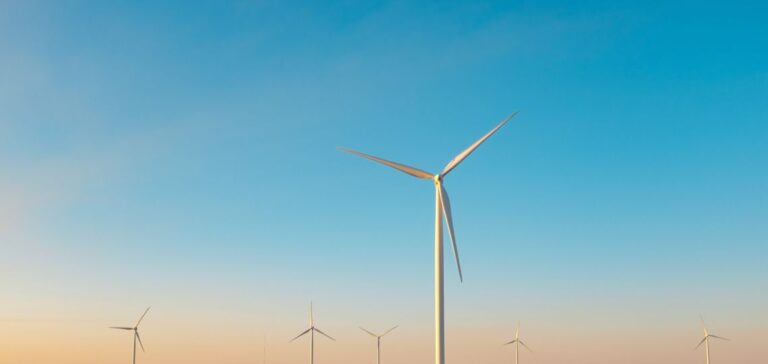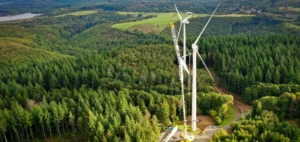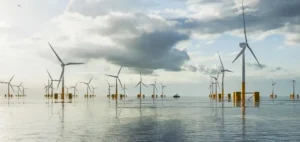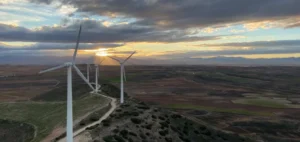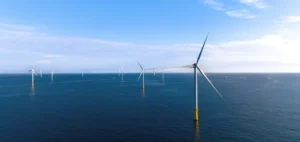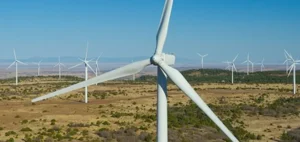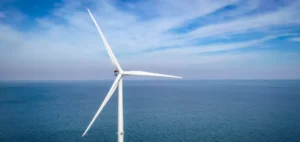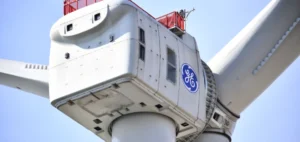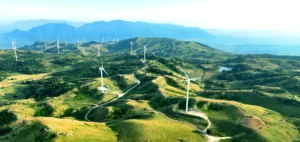The 140-megawatt Ishwati Emoyeni wind farm has reached financial close and officially begun construction. The project, developed by African Clean Energy Developments (ACED), is co-financed by the IDEAS Fund managed by African Infrastructure Investment Managers (AIIM), alongside Reatile Group, with Standard Bank South Africa acting as the lead financial arranger.
A new model of power buyer
NOA Group Trading (NOA), a new South African entity authorised to buy and resell electricity since January 31, 2025, will act as the main offtaker for the energy produced. It is the country’s first large-scale project where a private energy trader, rather than a state utility or industrial buyer, signs a long-term power purchase agreement (PPA). NOA obtained its trading licence from the National Energy Regulator of South Africa (NERSA) shortly before the financial close.
The wind farm will consist of 32 Vestas turbines, each with a capacity of 4.5 megawatts, and is located adjacent to two other projects of similar size developed by the same consortium: Umsinde Emoyeni and Khangela Emoyeni. Power generation is expected to begin in 2026.
Structured and multi-party financing
The Ishwati Emoyeni project represents a total investment of ZAR4.9bn ($263mn). The financing was structured by Standard Bank South Africa, with ACED overseeing construction management. Energy Infrastructure Management Services (EIMS Africa) will provide operational management services. Legal and advisory firms including Werksmans Attorneys, DLA Piper, Capic and Lockton also contributed to the project’s financial close.
According to stakeholders, the project’s structure leverages NOA’s ability to aggregate electricity from wind, solar, and storage sources and deliver it through Eskom’s national grid to customers across various regions of the country. This introduces a new contractual framework in South Africa’s energy market.
Expanding project pipeline
This project brings the total capacity of projects under construction by ACED and EIMS Africa over the past two years to more than 600 megawatts. They also operate over one gigawatt of energy infrastructure developed under South Africa’s Renewable Energy Independent Power Producer Procurement Programme (REIPPPP).
James Cumming, Chief Executive Officer of ACED, stated that the project highlights the growing role of long-term agreements with trading entities in bringing large-scale energy initiatives to fruition.


